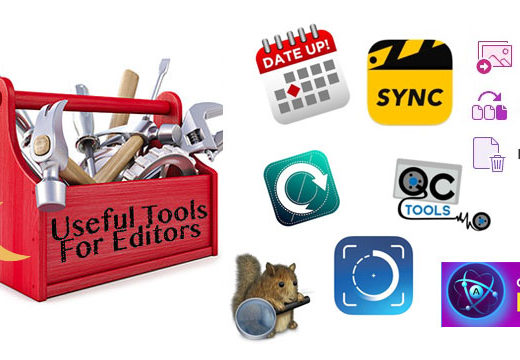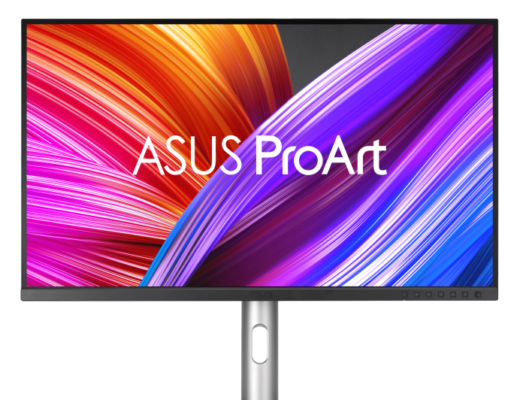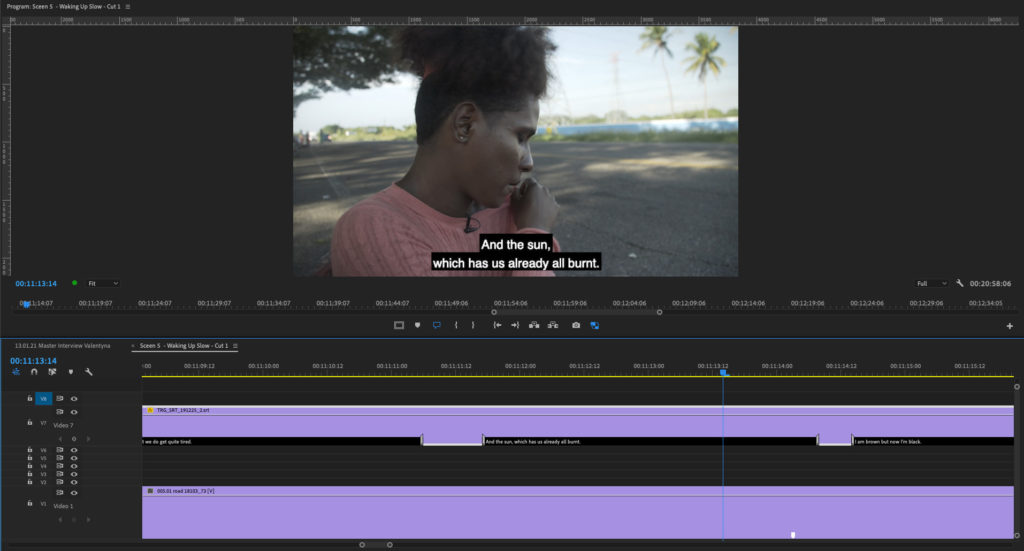
My new film The Right Girls is coming out soon. It is about three transgender women who were part of the migrant caravan coming up from Central America during the run-up to the 2018 midterms. I shot the entire film in Spanish using translators or google translate on my phone. Journalists and filmmakers do this all the time working abroad. The real discovery came in post-production.
Given our limited budget we were not able to attract a fluent speaking Spanish editor. So I decided to try and tackle the project myself in Adobe Premiere Pro.
Let’s get started by defining a few terms, and sorry if this seems elementary but it is critical to understanding this process.
- Transcriptions – taking dialogue and turning it into some kind of text document.
- Translation – taking one language like Spanish and converting it into another language, in this case English.
- SRT files – are a subtitling format commonly used for online platforms like Vimeo and YouTube. They can be opened in text software and edited as long as you stick to the format they use, starting with a subtitle number, then a timecode, and lastly the dialogue below. There are also a ton of SRT editors available for a few dollars online. Some work better than others.
The first step was to find all of the Spanish dialogue to be translated and lay it into timelines and come up with a very good labeling system. Organization in editing is important but this takes it to a whole new level. In total it was around 60 timelines and around 38 hours of footage. Ideally the next step to this process would be to export the timelines with the Spanish dialog, send them to a company that would transcribe, translate into English and then sync them into SRT files. If you have ever worked with transcriptions, translations, and SRT files, you’d know the translation portion is the pricy part. Services to do this process typically range from $10 to $16 a minute.
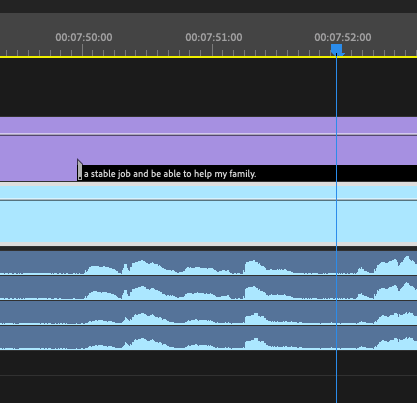
So, here is my hack that help save money to edit the film. I took the Spanish audio files and used freelancers mostly from fiverr.com to create subtitles for the 60 sequences into SRT files. Please be sure to tip the people who do this kind of work well. It is very labor intensive. I then tried a number of online translation systems that would translate the SRT files into English but would not mess up the timecode in the process. I finally settled on Microsoft Word’s translation function. After converting the 60 SRT files I synced them to all the timelines and voila, I could finally see what people were saying. It is very clunky but for just basic editing it does the trick.
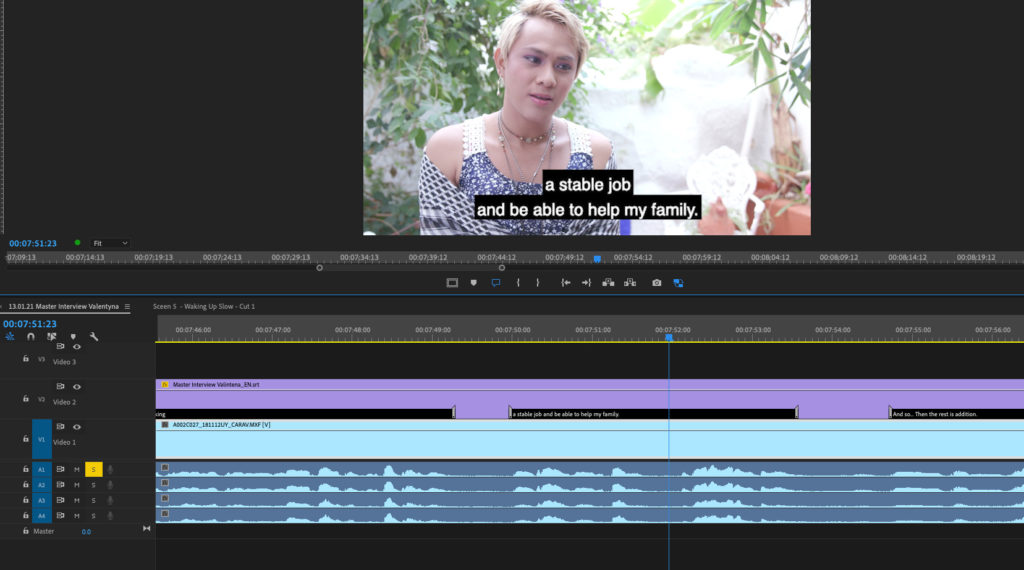
When it came time for editing what I had to do was copy and paste out of each timeline into a new timeline the clips I wanted to use. The biggest thing is to remember to never let the SRT and the video clip get out of sync. After getting used to this way of editing I actually found it was faster than traditional editing because I could simply expand my timeline and read the SRT as I edited along or find the bits I was looking for fast. Premiere is also amazing because after copying and pasting all the SRT files, it will generate a new SRT file from my master timeline.
Once we had the film picture locked, a professional translator went through, created a master SRT with grammar and spelling cleaned up and we burned it into the film during the final export.
I hope this breaks down the barrier of language and allows others to create foreign language documentaries with greater ease.

Filmtools
Filmmakers go-to destination for pre-production, production & post production equipment!
Shop Now










